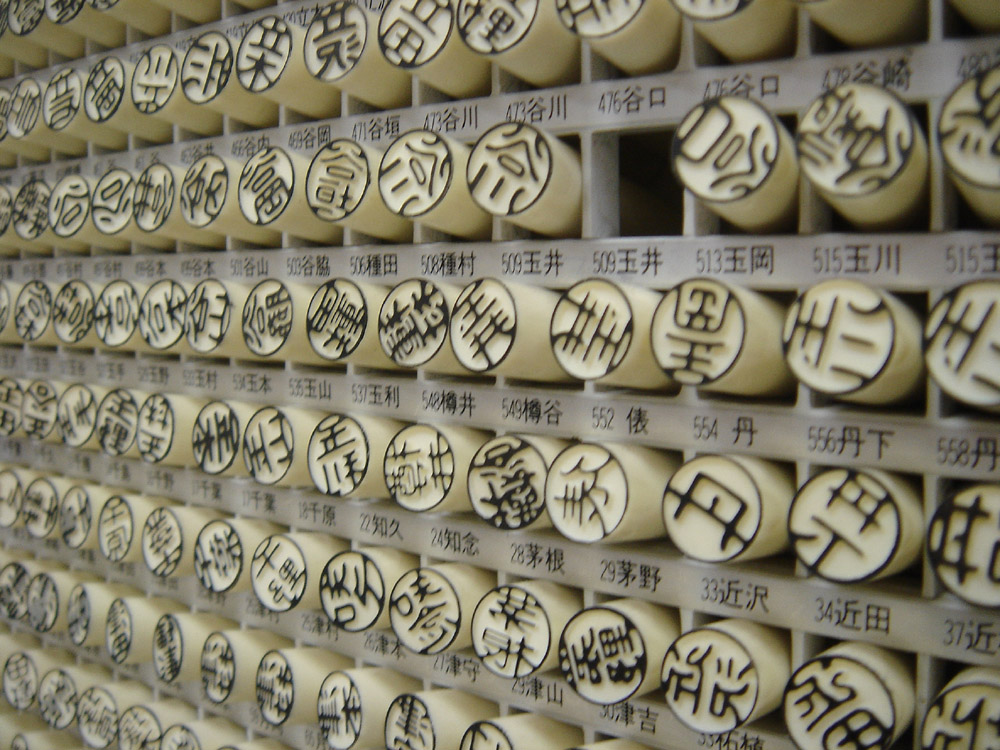The internet has destroyed or reduced the profits in numerous industries by lowering prices and making people better off by increasing the services that we enjoy. For example, recorded music is much less profitable today than in the heyday of the compact disc because of the ease of copying music over the internet and the bonanza of free streaming music, but the median person has much more music than ever before and I see no slowdown in the production of new music. Wikipedia is a huge destroyer of mutilitarian value because it has completely destroyed the encyclopedia industry, but Wikipedia is a tremendous creator of social value. The last of the great encyclopedias, Encyclopaedia Britannica, shut down last year. This is a decline in GDP because Britannica had sold 120,000 sets back in 1990 in the United States at about $1,000 each. That means that Wikipedia has destroyed an industry whose leading company alone earned about $120,000,000 and all that it earns is about $40m as of 2012. According to mutilitarianism, this is a terrible destruction.
This is clearly good for the median individual who gets something better for less money (free). Unfortunately, it does not show up in our usual income accounts, but if we adjusted for inflation correctly (which should be more feasible for the median individual… more on that later) then we could show that the deflation (declining prices) in encyclopedias is boosting the real incomes of the median American (and almost everyone else). When good stuff becomes free (freeconomics) that is good for people even though it shows up as a decline in GDP.
An unappreciated benefit of Wikipedia is its perceived unreliability. Already in 2005 when it was only four years old, a study published in the most prestigious academic journal, Nature, found that Wikipedia had a similar amount of factual errors as the top for-profit competitor, Encyclopaedia Britannica. Although it has improved greatly since 2005, it is still perceived to be quite unreliable and that is a very good thing. Encyclopaedia Britannica did not deserve its reputation for Truth and the world is better when people are a little skeptical of the experts. Today Wikipedia is both more accurate than the encyclopedia industry that it destroyed, but users are still skeptical of its information and that is a healthy thing for intellectual life. A key part of learning is learning when to question authority and how to check up for yourself. Wikipedia engenders that skill. Wikipedia is also more humble and allows anyone to correct it which helps get people more engaged with information and arguments. Even its logo humbly shows that it is incomplete and has holes in it!

Here is a graph of the number of articles in Wikipedia. Back in 2005 when the Nature study said it achieved similar accuracy with Britannica, it was already much bigger than Britannica. Today (in 2013) its English pages alone are 9,000 times larger than Britannica was and its entries in other languages would double that size.















Leave a Comment